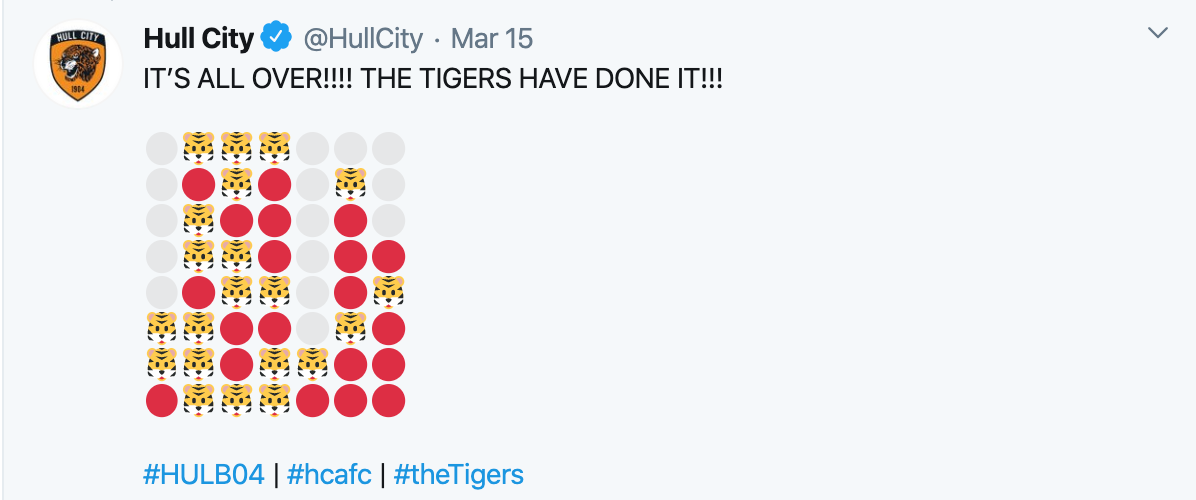Remember the good old days of football? The days of late 2019 when the most annoying thing that would happen in the sport would be a dodgy refereeing decision?
Remember the chants of 'f**k VAR'? Remember when 'LiVARpool' used to trend on Twitter every weekend without fail? Remember when technology was 'ruining the game'?
That all came to a screeching halt in Britain on Friday afternoon, however, when all of a sudden there was no game to ruin anymore.
After plenty of posturing and delay, the EFL and Premier League both decided it was time they fell into line with the growing global consensus. This was no time for football.
You will, of course, all be well aware of the reasons for the postponement of England's top four divisions by now, so I won't bore you with scientific mumbo-jumbo (and no, not just because I have next to no knowledge of the biological world - honestly).
The big issue for many, including myself, was how to conjure entertainment from nowhere with no football to now do that for us, especially when you have no interest in seeing horses jump over plants.
Should I learn a new language? Read a book? Fight a pensioner for a nine-pack of Andrex extra soft in Aldi?
Mercifully, a hero emerged, putting a stop to the horrors of potential cultural advancement, literary growth or a criminal record, and that hero was... technology?
Yes! Like a Hollywood thriller, the bad guy was really the good guy all along it seems, and Twitter was their tool of choice in ridding the footballing world of the evils of tedium.
There were plenty of examples flying around, but the one that caught the eye most was Hull City's intense connect-four battle with Bundesliga side Bayer Leverkusen on Saturday night.
It began with the German giants accepting a fan's challenge to play, only for their opponent to give up before the match-up had started. But Hull swooped in and the game began.
Over 30 tweets later between the two sides, and nearly three hours of game-time, the Tigers came out on top, finishing their opponents with a lovely diagonal move.
If you were in any doubt that the Twitter match-up had entertained the masses, Hull's winning move garnered over 5,000 retweets and nearly 30,000 likes at the time of writing.
They were not the only clubs to partake in new wave of football entertainment. Nottingham Forest vs Wolfsburg and Bristol City vs Willem II were other Connect Four fixtures to take place, whilst Manchester City and Southampton did battle in the Tic-tac-toe dojo.
League Two side Leyton Orient are also in the process of putting together a huge FIFA tournament between sides from all levels from all around the world, aiming to get 128 team representatives on board.
There is something heartwarming about seeing the likes of Manchester City, Angers, Sydney FC, AZ Alkmaar, Burnley and Utrecht all banding together around a fourth-tier club's idea to help see fans through the footballing hiatus. To quote one of the all-time Twitter reply greats - 'you love to see it.'
Many will have turned their noses up at all of the above. It will have been dubbed silly, pointless and attention-seeking. Of course, attention-seeking will have played a part in the decision for these clubs to do what they did. The people who run these accounts are not stupid after all and have clearly seen a chance to boost their own profiles in this process.
But they will have also been fully aware of how this use of technology could provide serious entertainment to those who rely on football every weekend for an escape from their troubles, both big and small, and so far they have carried it off perfectly.
The novelty may well wear off as weeks without football become months without football, but for all the vehement criticism it has received throughout the season so far, rightly or wrongly, it is technology that looks set to be what rescues many from the doldrums that a lack of football can bring on.
Just remember that next time you're shouting expletives at VAR... if there ever is a next time.

